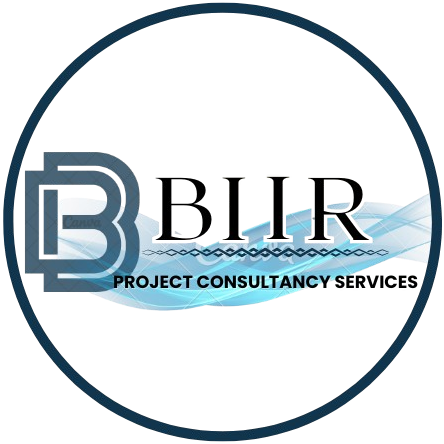Introduction: Water purification systems are essential for ensuring safe and clean water supply. The Middle East, with its arid climate, presents a significant opportunity for the manufacturing of these systems. BIIR Project Consultancy Services offers comprehensive support to establish water purification systems manufacturing facilities.
Market Potential:
- Water Scarcity: Increasing demand for clean water solutions.
- Economic Growth: Creates jobs and supports local economies.
BIIR’s Role:
- Feasibility Studies: Evaluating market potential and economic viability.
- Project Management: Managing the project from initial planning to full operation.
Technological Innovations:
- Advanced Filtration: Utilizing technologies like reverse osmosis and UV purification.
- Desalination: Developing efficient desalination systems to convert seawater to freshwater.
Financial Considerations:
- Capital Investment: Approximately $40 million for a medium-sized facility.
- Production Capacity: Capable of producing 10,000 water purification units annually.
- Rate of Return: Expected rate of return is 14-16%.
- Break-even Point: Achieved within 4-5 years.
- Debt Service Coverage Ratio (DSCR): Target DSCR of 1.8 or higher.
Challenges and Solutions:
- Technical Barriers: Overcome through continuous R&D and investment in advanced technologies.
- Market Adoption: Promoting water purification systems through education and demonstrating benefits.
Sustainability and Corporate Responsibility:
- Environmental Impact: Reduces water scarcity and promotes clean water supply.
- Community Engagement: Creating job opportunities and supporting local communities.
Future Trends:
- Technological Advancements: Innovations in membrane technology and energy-efficient systems.
- Policy Shifts: Supportive regulations for water purification and desalination.
Conclusion: Water purification systems manufacturing presents a significant opportunity for the Middle East to address water scarcity. BIIR Project Consultancy Services ensures these projects are successfully implemented, contributing to the region’s sustainability goals.

